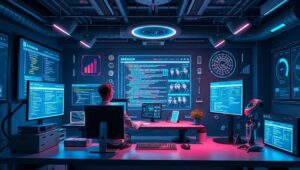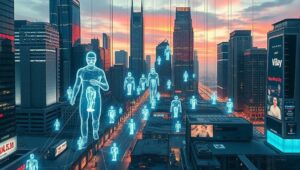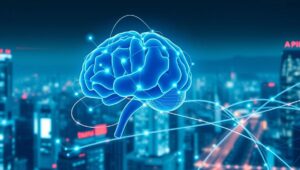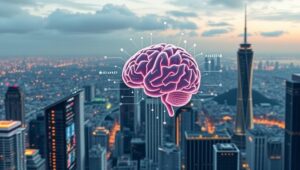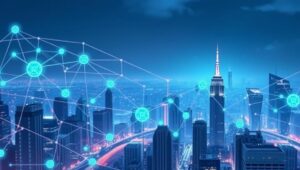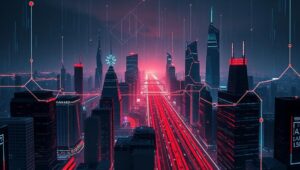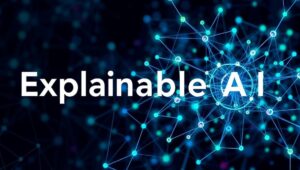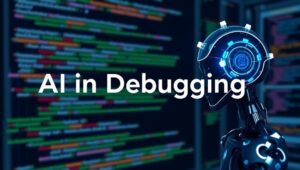May 16, 2025
The Developer Experience (DX) Enhanced by AI Tools (2025)
The Developer Experience (DX) Enhanced by AI Tools (2025) In 2025, the landscape of software development is being reshaped by the integration of Artificial Intelligence (AI) tools. These technologies are streamlining workflows, reducing errors, and enhancing the overall Developer Experience (DX). This article explores the key areas where AI is making a significant impact. 1. AI-Powered Code Completion AI-driven code completion tools predict and suggest code snippets in real-time. These tools learn from vast code repositories and project-specific codebases, enabling developers to write code faster and with fewer errors. For example, tools like GitHub Copilot and Tabnine use deep learning
